Elena Servettaz: ‘My question to Putin put my husband at risk’
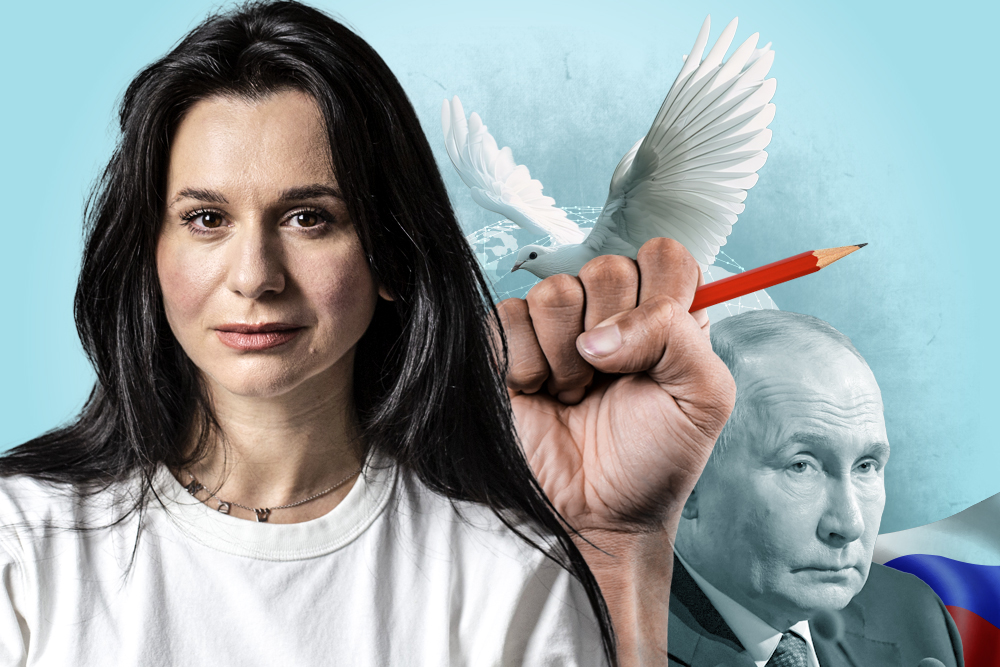
May 3 is World Press Freedom Day. Franco-Russian journalist Elena Servettaz, who has been working for SWI swissinfo.ch for the past two years, writes about her difficulties reporting in Vladimir Putin’s Russia.
I was only 16 when I had my first clash with the regime of Russian President Vladimir Putin. The second was when I was 29, and the third was more recently, at age 39.
In the first and last cases, I lost my job. In the second, my family received threats.
But that didn’t frighten me.
What scared me most were the threats by the Syrian foreign ministry after my interview on French radio with the Russian ambassador in Paris in July 2012: “French journalists are bloodthirsty”, he said in an official statement.
But let’s get back to the start. In March 2000, the year Putin came to power, I was 16 years old and working for a small television channel in Russia, presenting a news and entertainment programme for teenagers. I wrote the scripts and chose the topics myself. On the day of the presidential elections, I went to a polling station with a cameraman. There I asked an army general some questions on camera about the elections.
His reply surprised me: “Yesterday, I summoned all the men and I read them Vladimir Putin’s biography. Then I asked: ‘So, have you understood who to vote for?’”.
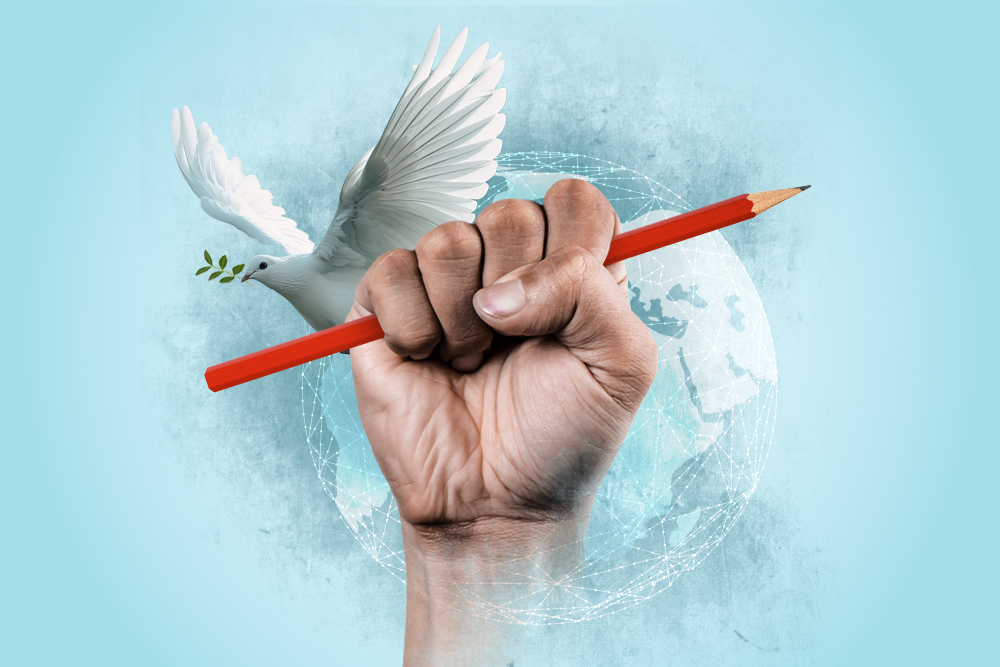
More
Press freedom under attack: our journalists bear witness
This was a scoop, of course. Already then, I realised there was no question of free elections. I broadcast my report after the polls had closed. The next day, the editor-in-chief was summoned by the municipal authorities and, after threats, the programme was shut down. Years after, this story was told by the British daily The TimesExternal link.
Still in 2000, I was admitted to the journalism faculty of Moscow State University. My class was sponsored by the former president of the Soviet Union, Mikhail Gorbachev.
My second clash with Putin’s regime took place in 2013, when I was working for Radio France Internationale. I was an accredited correspondent in François Hollande’s pool of journalists and accompanied the then-French president on his first state visit to Russia.
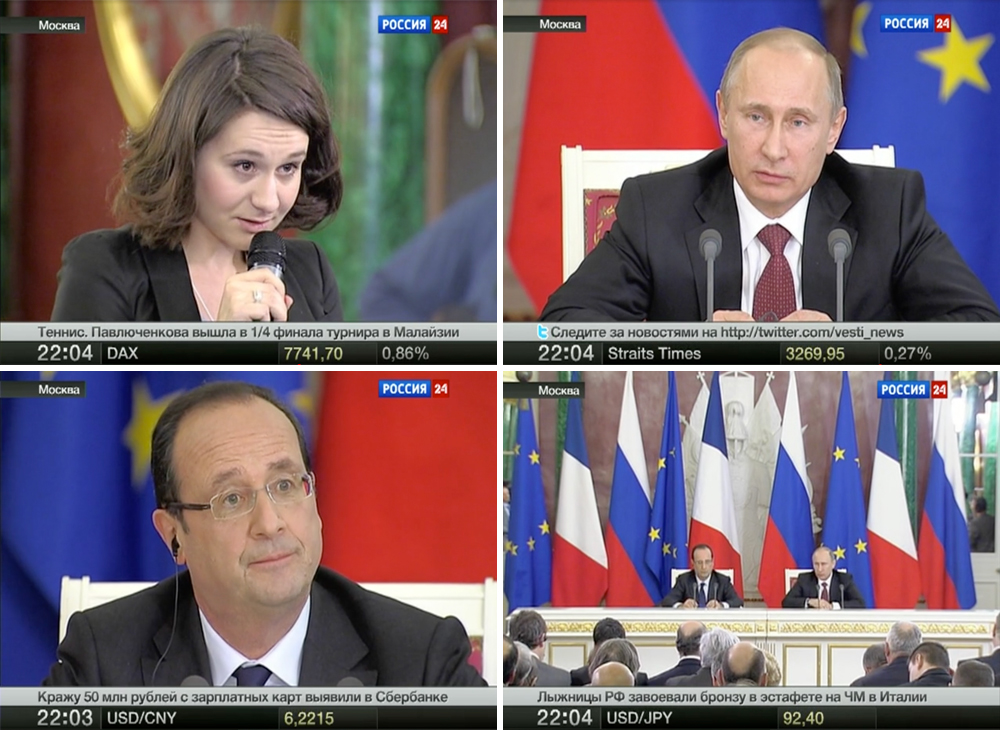
At the press conference in the Kremlin, I asked the Russian president my question in French, like a French journalist, naturally. Putin had it translated into his headset.
The question was as follows: “According to Human Rights Watch, last year was the worst in modern Russian history in terms of human rights. What do you think of this, Mr President? If Mr Putin would also like to comment on my question, I should be grateful.” My question is also mentioned in François Hollande’s official biography, written by a journalist from Agence France-Presse. But very few people know what happened next.
The French president accepted a very diplomatic response. And Putin said that I was French and therefore didn’t understand Russian electoral processes.
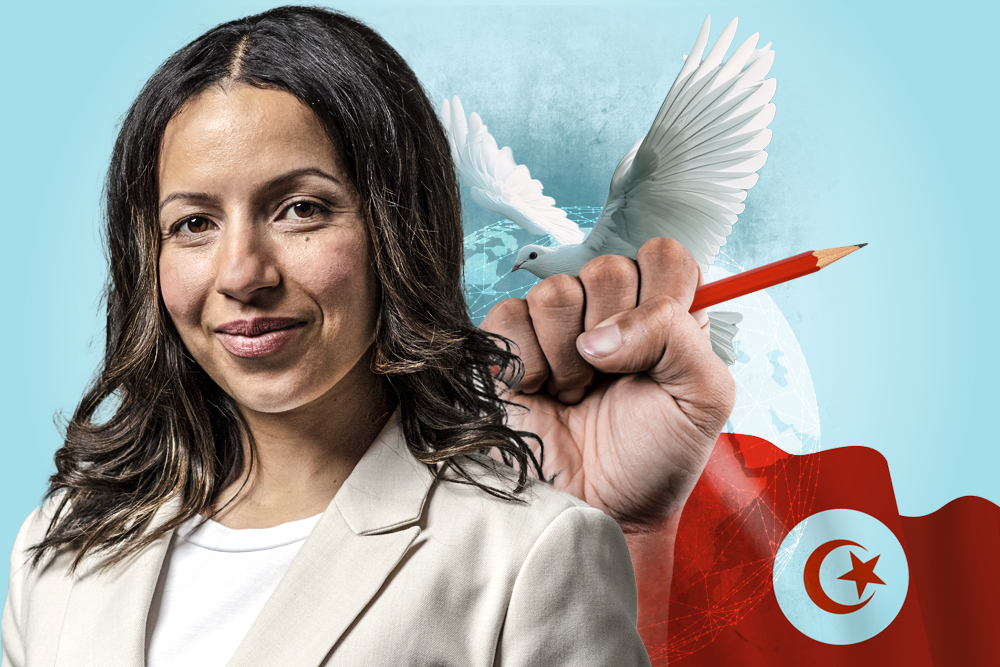
More
Amal Mekki: my battle against the Tunisian authorities and the cost of truth
After I returned to Paris, my then-husband, a space engineer working for a European company launching foreign satellites from the Russian spaceport at Baikonur, received a clear warning.
At the time, I was also working for the legendary Echo of MoscowExternal link radio station, as a special correspondent in Paris. Its editor-in-chief, Alexei Venediktov, stood up for me. “Just let them try to harm you! We’ll publicise it, I’ll take care of it,” he said. I don’t know exactly what he said to Roskosmos, but in any case, the threats stopped.
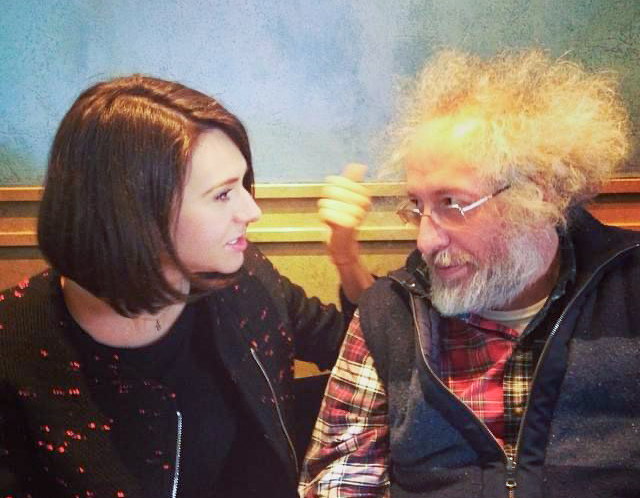
My most recent dealings with the Russian regime did not end any better. First, the Russian Prosecutor-General’s Office blocked the media outlets of opposition figure Mikhail Khodorkovsky, for whom I was working on an international multimedia project that focused on questions of democracy and rule of law.
The Russian authorities described several of Khodorkovsky’s projects as “undesirable” and blocked some Russian news outlets for their links with his projects. So as not to put lives in danger, he ceased his activities in 2021. The Committee to Protect Journalist has documented the death of 59 Russian journalists since 1992. At least 30 journalists are known to be detained and facing lengthy prison sentences, including many foreign ones.
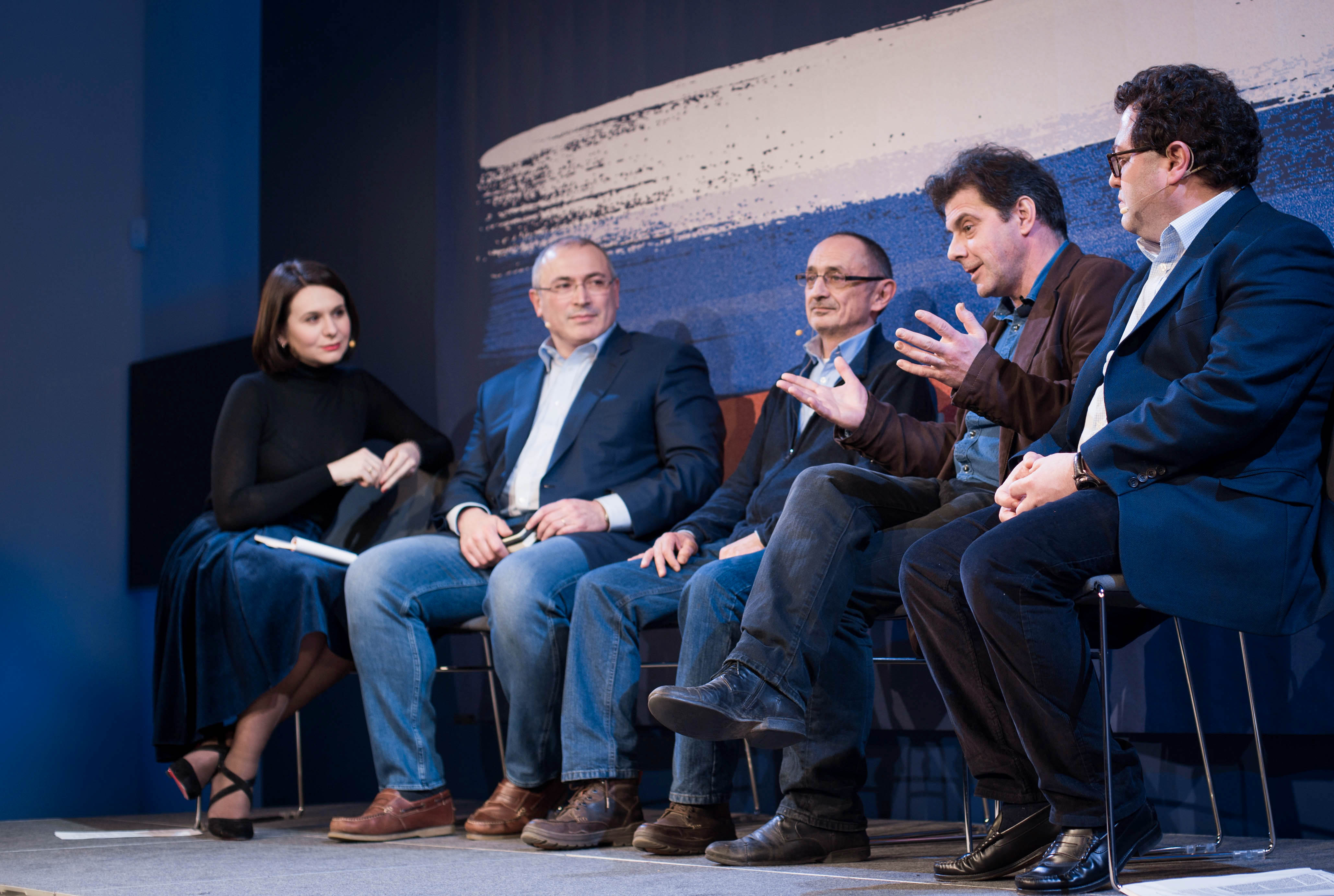
On March 1, 2022, just one week after Russia’s large-scale military invasion of Ukraine, the Echo of Moscow radio station, for which I was still working as a special correspondent, was banned from the air.
On the same day, the Prosecutor-General’s Office ordered the blocking of the Echo of Moscow website and the Russian TV channel Dozhd (also known as TV Rain).
The Russian authorities accused the Echo of Moscow website of containing “false information on the nature of the special military operation on Ukrainian territory”, as well as on the combat methods, fallen Russian soldiers, shootings and civilian casualties.
That summer I was hired by SWI swissinfo.ch. After a series of interviews that I conducted in January 2023 on Russia’s war crimes in Ukraine, the SWI swissinfo.ch website also became inaccessible from Russia.
Text edited by Virginie Mangin. Adapted from French by Julia Bassam/ds
More

In compliance with the JTI standards
More: SWI swissinfo.ch certified by the Journalism Trust Initiative
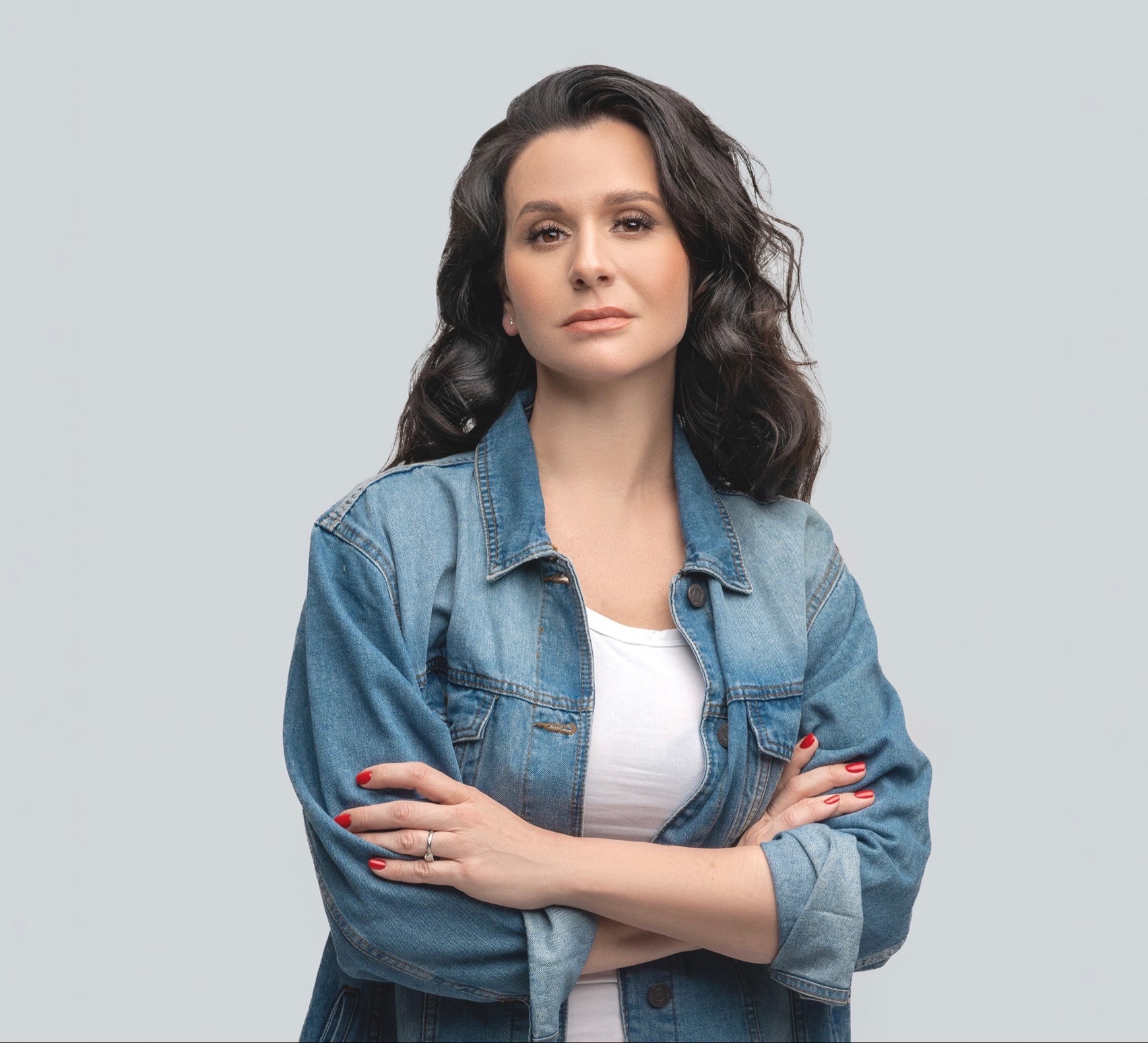
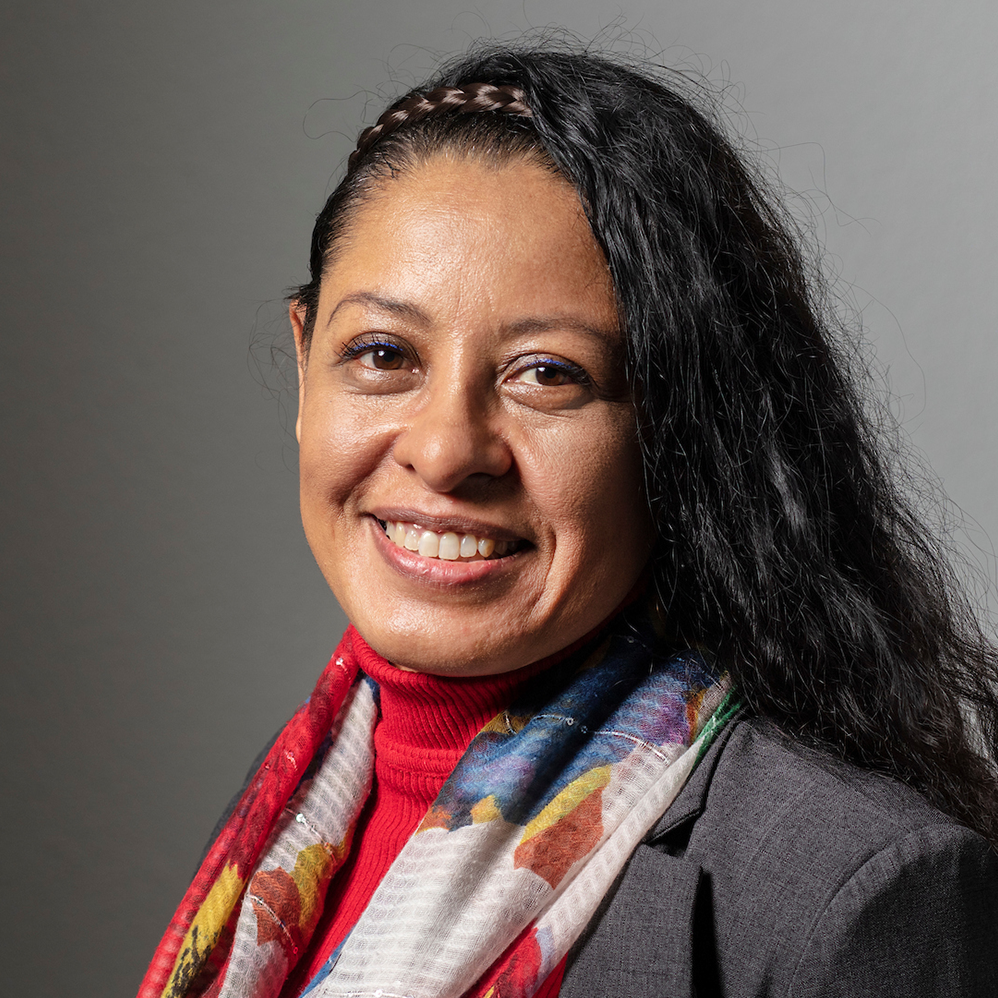
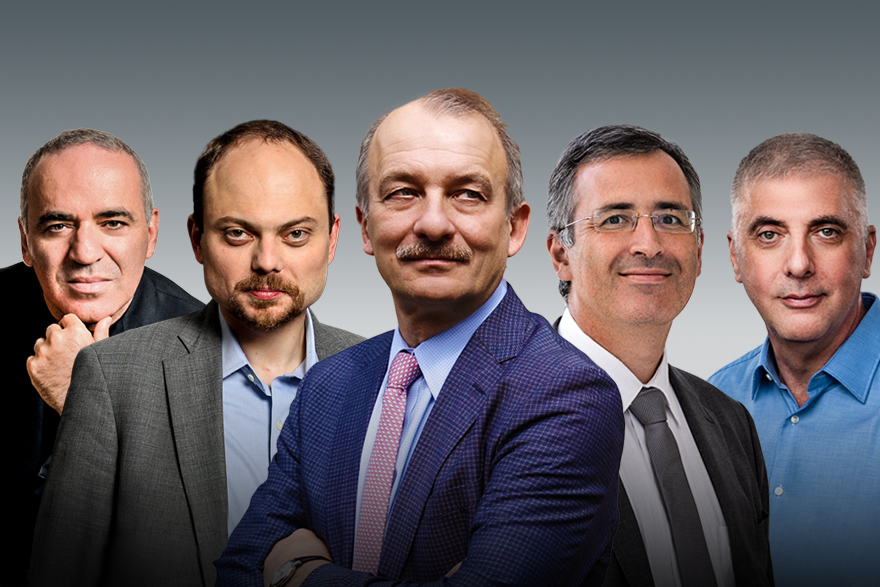
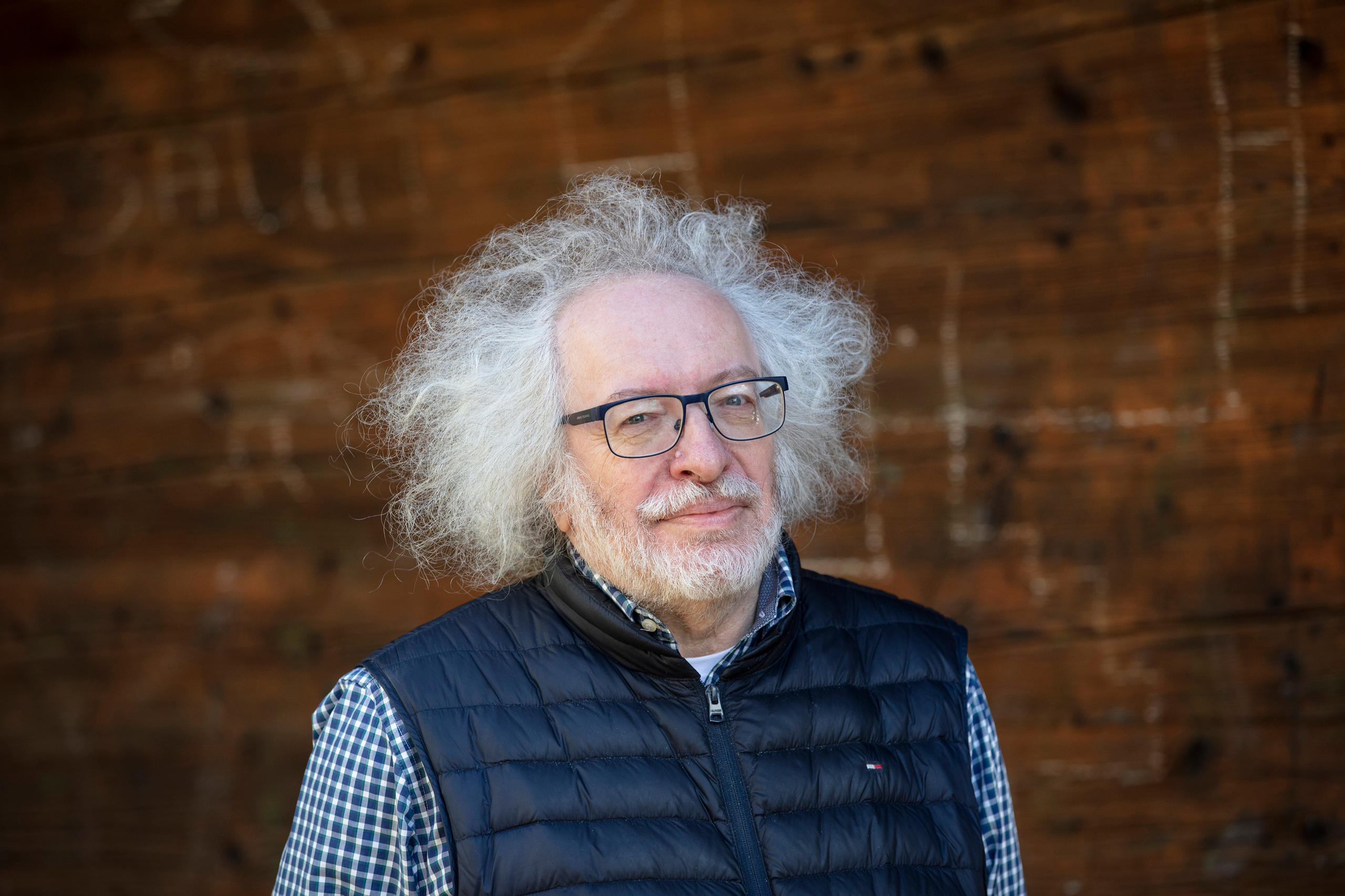
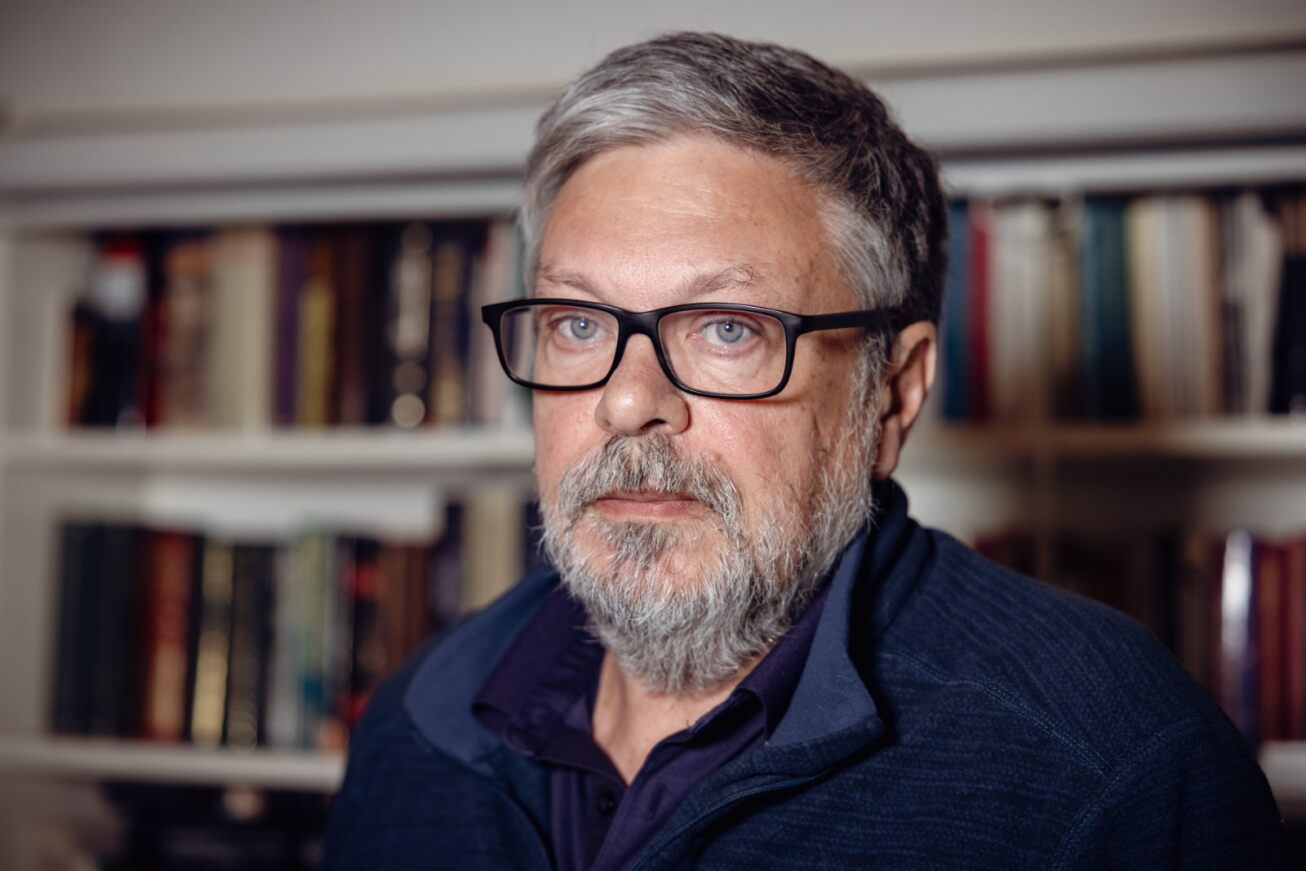
You can find an overview of ongoing debates with our journalists here . Please join us!
If you want to start a conversation about a topic raised in this article or want to report factual errors, email us at english@swissinfo.ch.